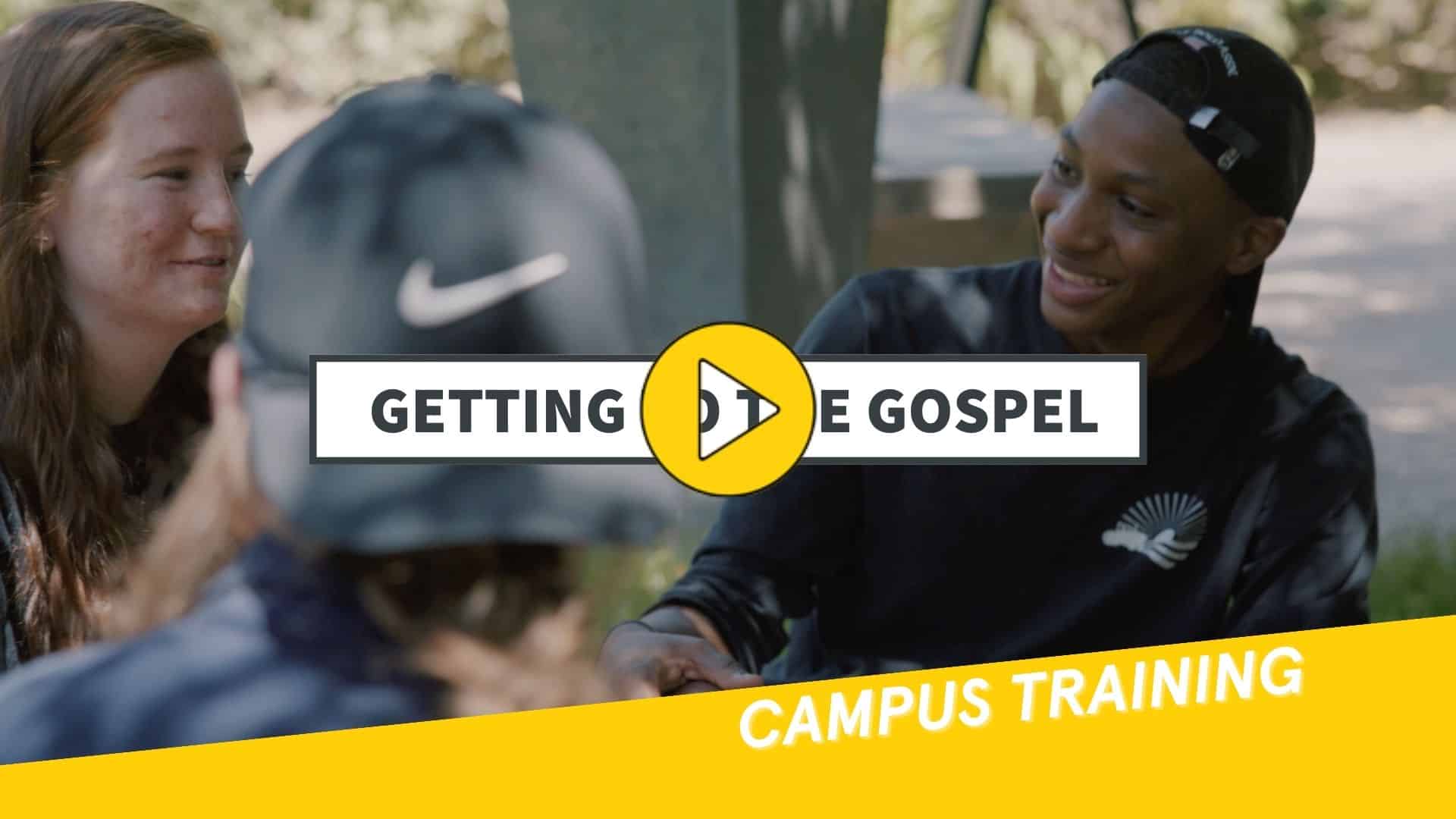Greet the team and introduce yourself. Thank the coaches for allowing you to share today.
I want to start today’s talk with a quick word association. What is the first thing that pops into your mind when you hear the words, “successful team?” (Allow several players to respond and ask them why that particular thought came to mind when thinking of a successful team.)
Today, we are going to take a few minutes to discuss four key characteristics of successful teams. To help us remember these four characteristics, we will use a key word in each characteristic that will eventually spell out the word “TEAM.” Hopefully, these will be helpful for you as you continue your season.
At the end of our talk, there will be an opportunity for you to ask questions and provide feedback on what we discussed today. Let’s jump right in, with the letter “T.”
Key Characteristic #1: Successful Teams Share a TEAM-FIRST Commitment.
Maybe you’ve heard the expressions, “teamwork makes the dream work” or “there’s no I in team.” They might sound cheesy, but there is some truth to these adages. Few things can derail a team’s success more than focusing on individual success above the good of the team.
Individual goals are great. They motivate us to work hard and improve. But sometimes, a player may need to lay aside their personal goals, play a different position, or run plays that showcase someone else. If a team is really committed to team-first success, then individual players will give their best effort in whatever role they are asked to fill, for the overall good of the team.
Perhaps no team in recent history has better demonstrated this team-first approach than the New England Patriots, who appeared in nine Super Bowls between 2001 and 2018, winning six! Much of the team’s success has been attributed to something known as “The Patriot Way.”
Former Patriot Rob Ninkovich describes “The Patriot Way” in the following way:
“The way that [Coach] Bill [Belichick] coaches his team [is to put] the team first, not selfish, doing what’s best for the team, putting the team’s goals in front of your own personal goals.” 1
Even Tom Brady, widely considered the greatest NFL quarterback of all time, embodied “The Patriot Way,” adjusting his game and laying his ego aside for the greater success of the team. In the end, the New England Patriots constructed one of the greatest dynasties in the history of sports. Successful teams share a TEAM-FIRST commitment.
The letter “E” is for “Eyes.”
Key Characteristic #2: Successful Teams Keep Their EYES On The Prize.
Talk to any successful athlete and you will quickly learn that to achieve success on the field, they have lived lives of extraordinary commitment, discipline, and sacrifice, always keeping their eyes on the prize and prioritizing long-term success over short-term gratification.
In high school, Peyton and Eli Manning could often be found on their high school football field throwing with their dad and older brother at 5:00 a.m.
As a teenager, Clint Dempsey, the all-time leading scorer for US Men’s Soccer, commuted three hours each way from his small town to train with a more competitive team in Dallas.
Serena Williams follows a strict diet and exercise regimen that has allowed her to excel at the highest level of women’s tennis for over two decades!
Each of these athletes, and other greats like them, understood the value of forgoing short-term reward for the greater satisfaction of reaching long-term goals.
What are some practical examples of ways that high school athletes can choose long-term success over instant gratification? (Allow several players to share their thoughts and discuss.)
A few examples are the following:
- Diet/Exercise – To achieve optimum performance on the field, it is important to “fuel” your body with proper nutrition, not just “fill” it with whatever is tasty or convenient.
- Sleep – Athletes require adequate rest to stay mentally and physically sharp. To be at your best, you may have to say “no” to some social opportunities, late night movies, video games, or mindlessly scrolling through your phone to get the rest you need to perform.
- Social life – Social connection is a must for all people, especially high school students. But it will be super important that you consider who you spend your time with and what types of things you are doing. Many high school athletes have derailed their athletic careers by simply making poor choices in their social lives.
- Academics – Sometimes, student-athletes place a disproportionate emphasis on the “athlete” part while neglecting the importance of being a “student.” Every team has eligibility requirements to be able to play, so it will be critically important that your academics remain a top priority.
To be a successful team will require that players keep their eyes on the prize and prioritize long-term goals over short-term instant gratification, often saying “no” to the good, to say “yes” to the best. It will mean occasionally “missing out” on what you think you want right now to achieve what you want more in the long run. If being a successful team is your goal, however, it will be worth it.
Ok, we’re halfway home. We have discussed “T,” a TEAM-FIRST commitment and “E,” keeping our EYES on the prize. The next letter is “A,” which brings us to our third key characteristic – ACCOUNTABILITY.
“Success comes from knowing that you did your best to become the best that you are capable of becoming.” John Wooden
Key Characteristic #3: Successful Teams Create a Culture of Mutual ACCOUNTABILITY.
Accountability means clearly defining standards and expectations for the team and then holding one another to those standards. Without good accountability, it will be impossible to maintain a team-first commitment or consistently keep our eyes on the prize
In 2008, legendary Duke basketball coach Mike Krzyzewski was asked to coach the US Men’s Olympic basketball team. Prior to the Olympics, Coach K gathered his players and had them define the standards for how the team would operate and what they hoped to achieve. He then told his players, “Once you establish the standards, I as the coach will make sure you live up to those standards.”
A few weeks later, Kobe Bryant deviated from those standards when he took several selfish, low-percentage shots in a game against Australia. At that point in his career, Kobe Bryant was a three-time NBA champion and one of the best players in NBA history. His resume and “mamba mentality” made him the “alpha” of the team, but even he was not above accountability.
Coach K met with Kobe and shared some video from the game, including several examples of questionable shots, and pointed out his teammates standing around and watching him on some drives to the basket. Krzyzewski told Bryant to his face that these were “[b.s.] shots.” Coach K added: “There has to be more movement.” And then he held his breath. Bryant looked at Krzyzewski and said, “I got it, Coach. I got it. Don’t worry about it. Sorry about that.”2 Two and a half weeks later, the United States basketball team won Olympic gold.
Accountability means lovingly bringing it to a teammate’s or coach’s attention when they fail to uphold team standards. It also means encouraging and motivating others to continue reaching for those standards when they face obstacles or adversity. Accountability does not need to be harsh, but it needs to be consistent and apply to everyone. We will all need help to maintain the focus and discipline to uphold team standards, and we all need support and encouragement to “get back in the saddle” when we fail to do so.
Alright, so we have “T,” a TEAM-FIRST commitment, “E,” EYES on the prize, and “A” for ACCOUNTABILITY. The final key characteristic begins with an “M.” It’s our “MINDSET,” specifically, a growth mindset.
Key Characteristic #4: Successful Teams Embrace a Growth MINDSET.
At the beginning of our talk, I asked you what first came to mind when you heard the words, “successful team.” (Feel free to modify this portion to reflect the discussion at the beginning of the talk.) Many of the things we came up with, and many of the teams that we have been talking about, centered around tremendous winning records, but being “successful” is about so much more than winning games.
At the end of the year, only one team will be crowned champions. Does that mean that every other team is “unsuccessful?” No way! There are many ways to measure success, even if you don’t take home the title.
Successful teams operate with something called a growth mindset. Author and psychiatrist Carol Dweck differentiates between what she calls a “fixed mindset” and a “growth mindset.” A fixed mindset believes we are born with a certain set of skills and abilities. It emphasizes results, and the goal is to minimize failures and setbacks, because each one exposes a flaw in our “fixed” ability.
A growth mindset, on the other hand, believes that skills can be learned, and abilities can be developed through practice and hard work. The emphasis is on the process more than the outcome, and setbacks are viewed as opportunities to grow.4 In the growth mindset, there is always room for improvement and failure is never fatal, because failure can teach us and set us up for future success!
John Wooden led the UCLA Bruins men’s basketball team to an incredible 10 national championships in 12 years and is widely considered one of the greatest coaches of all-time. Listen to this quote from Coach Wooden:
“Success comes from knowing that you did your best to become the best that you are capable of becoming.”5
Clearly, Coach Wooden understood and embraced the growth mindset, and his teams experienced great success on the court and in life, as they continued to take risks, seek out challenges, and embrace setbacks as opportunities to grow.
In the growth mindset, there is always room for improvement and failure is never fatal, because failure can teach us and set us up for future success!
Wrap Up
To recap, we’ve talked about four characteristics of successful teams today:
- T: Successful teams share a TEAM-FIRST commitment.
- E: Successful teams keep their EYES on the prize.
- A: Successful teams create a culture of mutual ACCOUNTABILITY.
- M: Successful teams embrace a growth MINDSET.
Thank you so much for giving me your time and attention today. I want to take just a few minutes to answer any questions you might have. (Allow players/coaches to ask questions.)
I do have just one favor to ask. We’re going to pass out some brief comment cards. We would love it if you could take about two minutes to give us some honest feedback about the talk today. It is always helpful for us to know what students find most helpful, as well as what topics you might be interested in hearing about.
I also want to invite you to another, voluntary event we will be having (insert event details here). You see, we believe that people are three dimensional, meaning that they have a physical component, a mental component, and a spiritual component. We also believe that to be the very best version of yourself on the field and in life, it’s important to care for all three dimensions of our lives.
Cru is an organization that supports students who are interested in developing the spiritual side of their lives. Addi (Cru student leader) has been involved for the past four years; she and our Cru staff team would love to talk to anyone who is interested in hearing a bit more about Cru and how we seek to serve students in our community. If anyone is interested, we will (insert event details here) and share a little bit more about Cru and how our faith can help us to be more successful on and off the field.
There is a place on the card where you can provide your contact information if you would like a reminder text about this event. Thanks, guys/ladies. Best of luck on the remainder of your season.
- https://www.patspulpit.com/2021/2/3/22264251/patriot-way-explained-brady-belichick-debate-super-bowl
- https://www.si.com/college/2022/02/17/mike-krzyzewski-leads-team-usa-lebron-kobe-excerpt
- https://www.nba.com/news/how-nba-peers-helped-klay-thompson-during-rehab
- https://soccerresilience.com/news/building-resilience-through-a-growth-mindset
- https://newageleadership.com/john-wooden-quotes-21-timeless-memorable/
Next Step
Prepare and use this talk as part of a team talk strategy for your campus.
Team Talk Strategy







